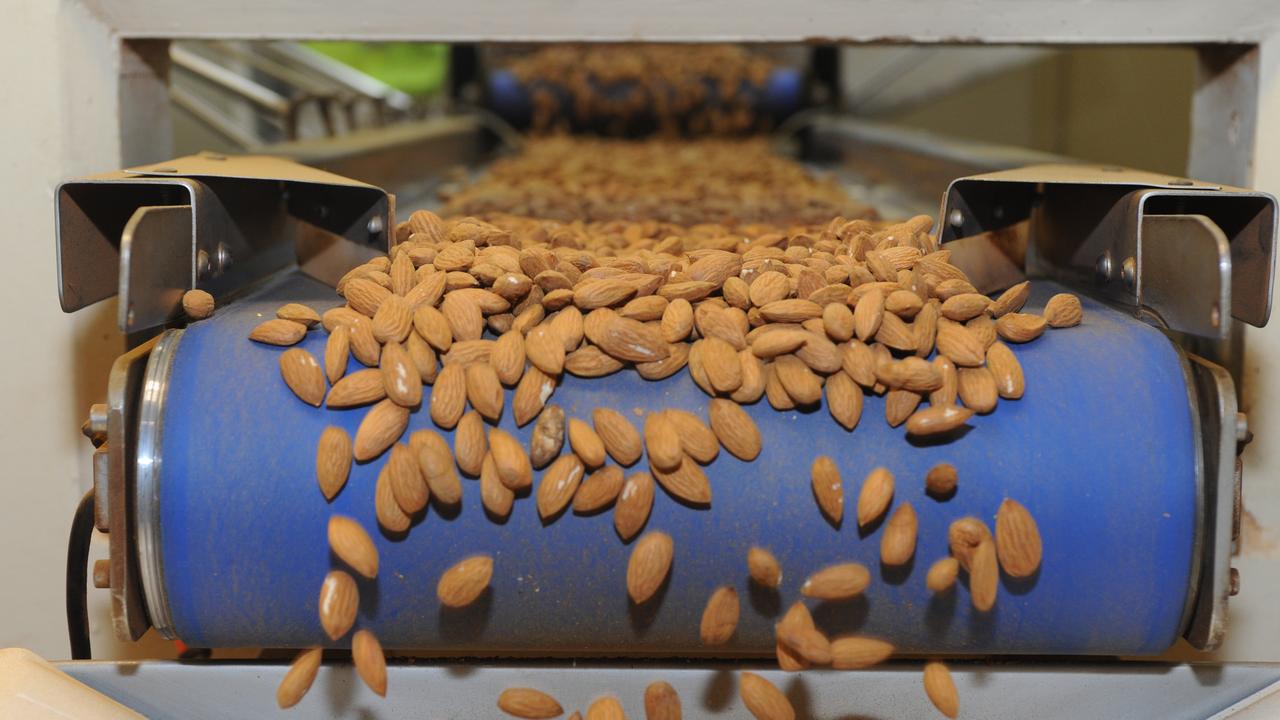Canada agrees to drop ‘discriminatory’ trade rules for Aussie wine
Canada has agreed to remove rules governing imported wine that see Australian bottles hit with higher taxes and almost hidden from shoppers’ view.

A TRADE brawl between traditional allies Australia and Canada is nearing closure after two Canadian provinces agreed to remove “discriminatory measures” hurting sales of Australian wine.
Federal Trade Minister Simon Birmingham reached an agreement with his Canadian counterpart on Monday to remove what have been described as protectionist trade barriers on exported wine in Australia’s fourth largest wine export market.
Australia took the unusual step of initiating formal action with the World Trade Organisation in 2018 over Canada’s practice of product mark-ups, market access and listing policies, as well as duties and taxes on wine applied at the federal and provincial level that appeared to discriminate against imported wine. Australia claims the measures violate the WTO’s General Agreement on Tariffs and Trade.
The agreement reached this week will see Canada gradually remove the practices in Ontario and Nova Scotia, following their removal in British Columbia in November last year. Quebec is the only province yet to follow suit.
Australia has the fifth largest share of Canada’s wine market behind France, Italy, the US and Canadian wines, with annual wines sales of about $185 million.
Mr Birmingham said the agreement would put Australian wine exporters on a level playing field with Canadian producers. “With Australian wine exporters enjoying zero tariffs into Canada, this is a market with real potential for growth,” he said.
Australian Grape and Wine chief executive Tony Battaglene said the outcome with Canada was an important step in removing trade barriers in the country, and spoke to the worthiness of the WTO as an avenue to resolving trading disputes.
“We recognise the tough times all wine producers are going through now and we are glad that we have been able to reach a negotiated outcome in this case,” he said. “It is very important that all countries, when they look to support their producers in these difficult times, do so in ways that are not trade distorting.”
Mr Battaglene said the breakthrough would help Australia claw back some of its scale in Canada, where sales have dropped off to about $180 million a year from a peak of $200 million.
New Zealand, the US, Argentina, the EU and Chile are third parties to Australia’s WTO dispute.
MORE
AUS WTO ACTION AGAINST CANADA OVER WINE



